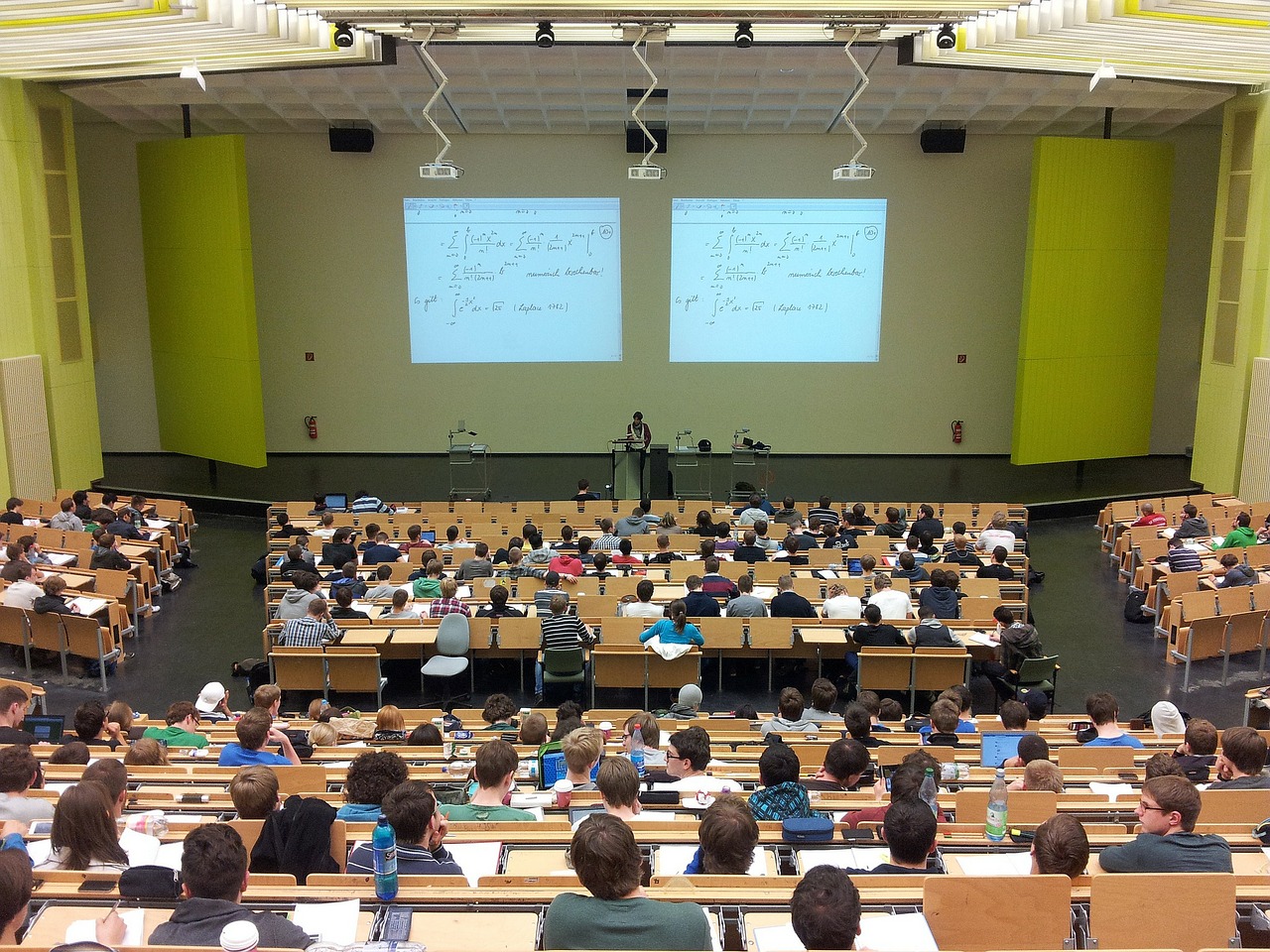
CHARLESTON, W.Va. — Dozens of speakers crammed two public hearings Monday to speak against a complex education bill in West Virginia that teachers unions claim is retaliation for a nine-day strike last year.
Teachers, parents, education and union officials, and students were given 70 seconds each to address the bill during separate hearings Monday in the House of Delegates chambers.
Most speakers at the fast-paced hearings opposed the evolving bill, especially provisions that would include establishing charter schools and education savings accounts for families to pay for private schools.
Scott High School librarian Heather Hayes Ritter said at a hearing Monday night that Boone County cut almost 100 education positions and has “been running on what feels like nothing” for the past few years. She said the county can’t afford to make further sacrifices to public education.
“You can’t bleed a turnip,” Ritter said. “Kill the bill.”
A few speakers said they were appalled that educators were not consulted in the bill’s creation. Others asked that its individual components be considered separately.
Some speakers suggested what’s missing from the bill are calls for smaller class sizes and additional resources such as social workers and mental health counsellors in schools. Some spoke about the opioid crisis that has separated students from their drug-addicted parents and harmed their education. West Virginia leads the nation by far in the rate of drug overdose deaths.
Earlier Monday, Lisa Vance, a special education teacher at Chapmanville Intermediate School in Logan County, said the bill has “created division and chaos.”
She urged lawmakers to visit a classroom so they can learn about students whose basic needs are being met by teachers and school service personnel, not at home.
“Look at the student that is hungry and sleepy,” Vance said. “Talk to the little girl that can’t see because no one will take her to get a pair of glasses. And the scared little boy whose grandfather, his only caregiver, is in the hospital. You will then be able to see the real truth, not just an interpretation.”
The House education committee last week passed a different version of the bill that was approved earlier in the state Senate. Both would provide 5 per cent pay increases to teachers as supported by Gov. Jim Justice.
Senate President Mitch Carmichael has said a main intent of the bill is to improve student test scores and performance.
“Mitch Carmichael in the Senate had the guts and the courage to hand you a wonderful bill that would bring true reform to West Virginia’s education system,” bill supporter David Howell said. “Pass this bill as handed to you by the Senate.”
The House version, which now moves to the finance committee, no longer includes education savings accounts, language withholding teacher pay in the event of a strike or a requirement that teachers sign off annually on union dues. It also removed a clause in the Senate bill that would invalidate the entire legislation if any part is struck down.
The Senate bill allows for charter schools statewide; the House version would include them in pilot project for only two counties.
Hancock County schools Superintendent Tim Woodward said if anything needs help, it’s the communities themselves.
“I see children who live in poverty levels that you and I cannot imagine,” Woodward said. “Build me a charter school that can fix that and I will be the first to sign up. But until we face the fact that schools are a symptom, not the problem, we’re going to go round and round.”
West Virginia teachers won 5 per cent pay raises after a nine-day strike last year.
On Saturday, unions representing teachers and school service workers announced the authorization of a statewide action, if needed in response to the legislation. The unions did not specify when or what type of action would be taken.